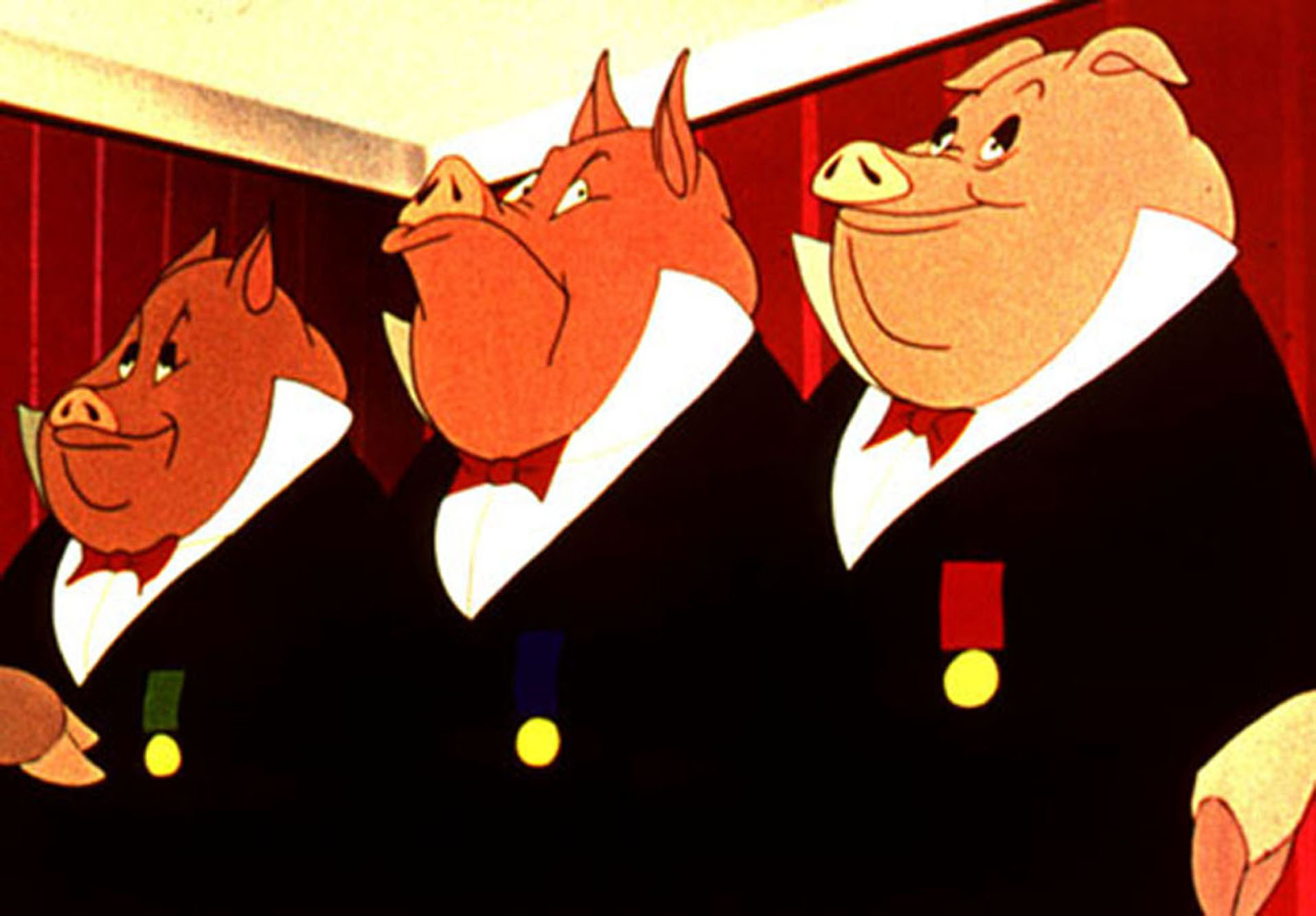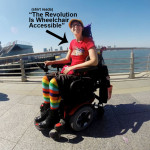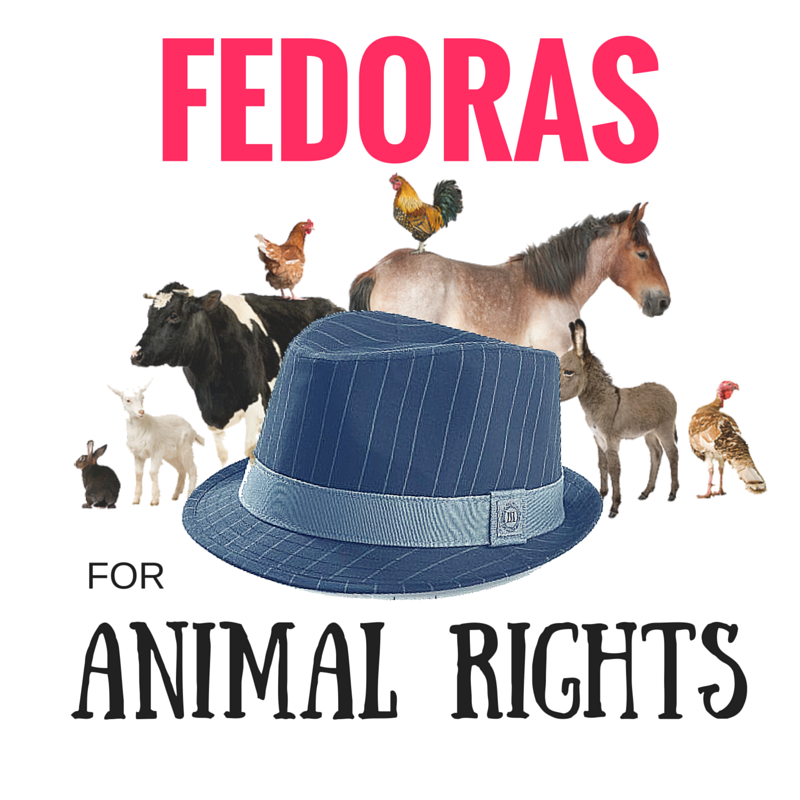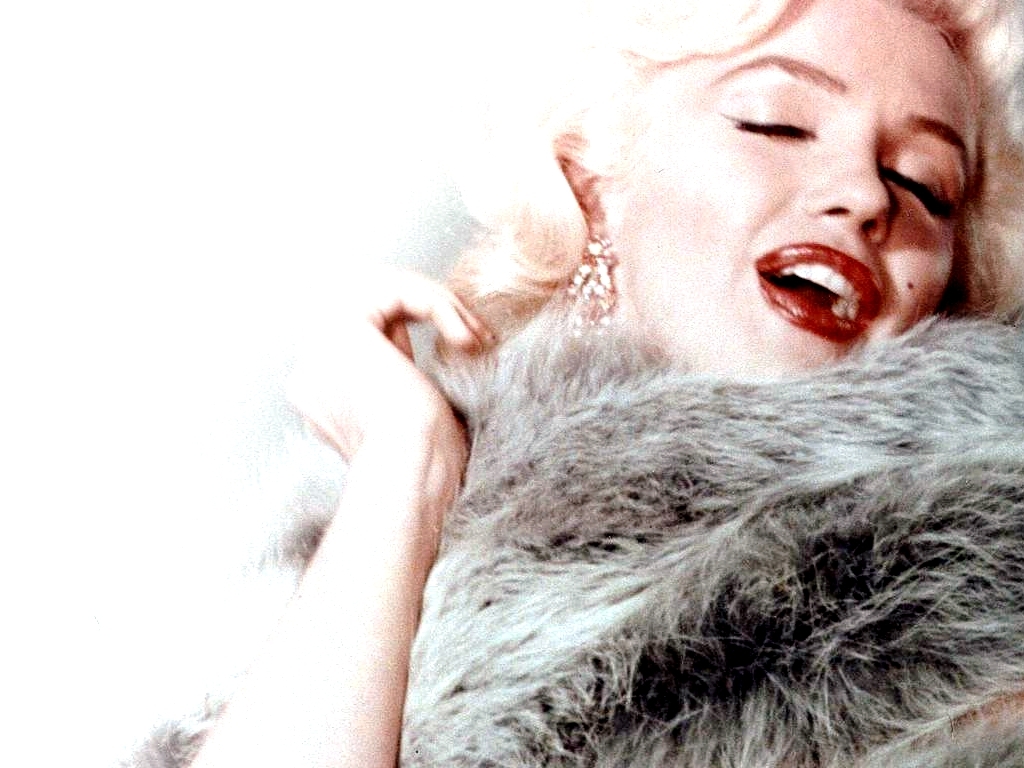
The lack of sexual diversity in Hollywood has been a critical issue that gained wide attention among movie lovers and researchers. But, as a recent University of Southern California report shows, a real change in the industry is still required. In particular, Dr Katherine Pieper points out “raised voices and calls for change are important, but so are practical and strategic solutions based on research.”
So how can we implement solutions based on research, such as the one that USC proposes? Is the research showing solutions for all female species?
Research often offers observations and critical analysis of existing case studies. There are several feminist cases to study, such as Julia Roberts not wearing high heels and Alicia Keys not using makeup on the red carpet. Publicity of Angelina Jolie’s mastectomy – the fact that breasts are not essential for her sense of being a woman – generated contested views in feminism. While Jennifer Aniston received attention for her feminist perspectives on the impacts of paparazzi photography, Keira Knightley posed nude to protest against the use of Photoshop and questioned idealistic images of women in Hollywood. Furthermore, Mindy Kaling and Priyanka Chopra have successfully used media channels to represent themselves as women of color in Hollywood, thus resisting in a wider context of social justice.
What else can researchers do apart from studying actions that these female actors have already taken and have also inspired others to do?Well, being a living example of change and bearing witness of violence are essential for social justice. But most fans often shift responsibility to Hollywood actors as idols of our society.
Here, we are not talking about blockbuster films in Hollywood only. One must note that Hollywood is an abstract cultural space where filmmakers and film studies scholars co-exist through material and symbolic modes of communication in shared environments. Furthermore, critical questions on the female are not limited to humans but also apply to animals in our overall environment of social practices. In this respect one of the issues that is rarely addressed is how atrocity in ongoing circumcision of male pigs and grinding of live male chicks is overlooked while exploitation of female reproductive organs e.g., chicken breasts, milk, and eggs is glamorized. These practices lead to normalizing, naturalizing, and legitimizing exploitation of female body parts. The exploitations are completely overlooked in Hollywood representations of a ‘bacon and egg’ breakfast after a steamy sex scene, where female actors are far more exposed and consumed than their male counterparts.
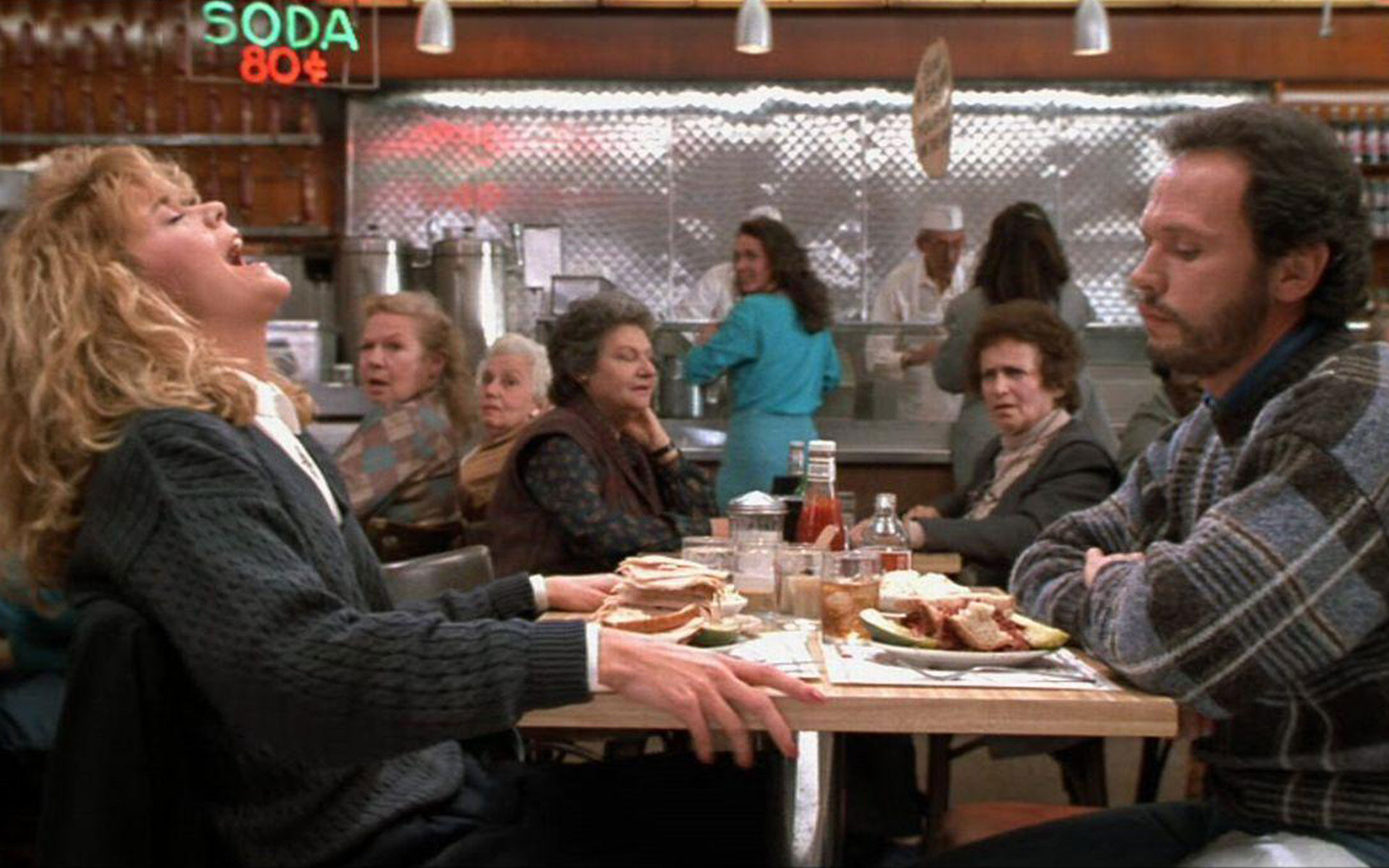
Now the USC report argues “women were over three times as likely as their male counterparts to be shown partly nude or in sexually revealing clothing”. Why?
In The Sexual Politics of Meat, feminist author Dr Carol Adams points out that sexism and speciesism have the same roots of patriarchal oppression in a class-based society. Unless we use verbal and non-verbal means to resist violence against all females, women will be not only underrepresented but also be animalized.
We cannot fight for the freedom of one while oppressing the ‘Other’ in discourses of the female body. The intersections in sexism show that there is no single issue cause in Hollywood and beyond.
So how can we bring much-needed changes in Hollywood representations of women and feminists that fight for diverse social issues? And can we walk the talk?
We need to show intersections – not categorizations. That’s exactly the problem.
We need to show how sexism, classism, speciesism, and ableism among many other ideological practices are interconnected in Hollywood. Using the intersectional approach, we must be a living example of change and resist images and products that support exploitation. As Gandhi says, “be the change you want to see.”
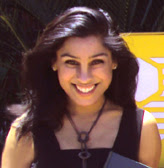 Dr. Samita Nandy is an award-winning academic, author and cultural critic on fame. With federal and provincial grants valued at $140,000, her research has developed with an aim to reveal meanings of celebrity culture, history of stardom, and celebrity activism. She is the Director of the Centre for Media and Celebrity Studies (CMCS) and author of Fame in Hollywood North.
Dr. Samita Nandy is an award-winning academic, author and cultural critic on fame. With federal and provincial grants valued at $140,000, her research has developed with an aim to reveal meanings of celebrity culture, history of stardom, and celebrity activism. She is the Director of the Centre for Media and Celebrity Studies (CMCS) and author of Fame in Hollywood North.



